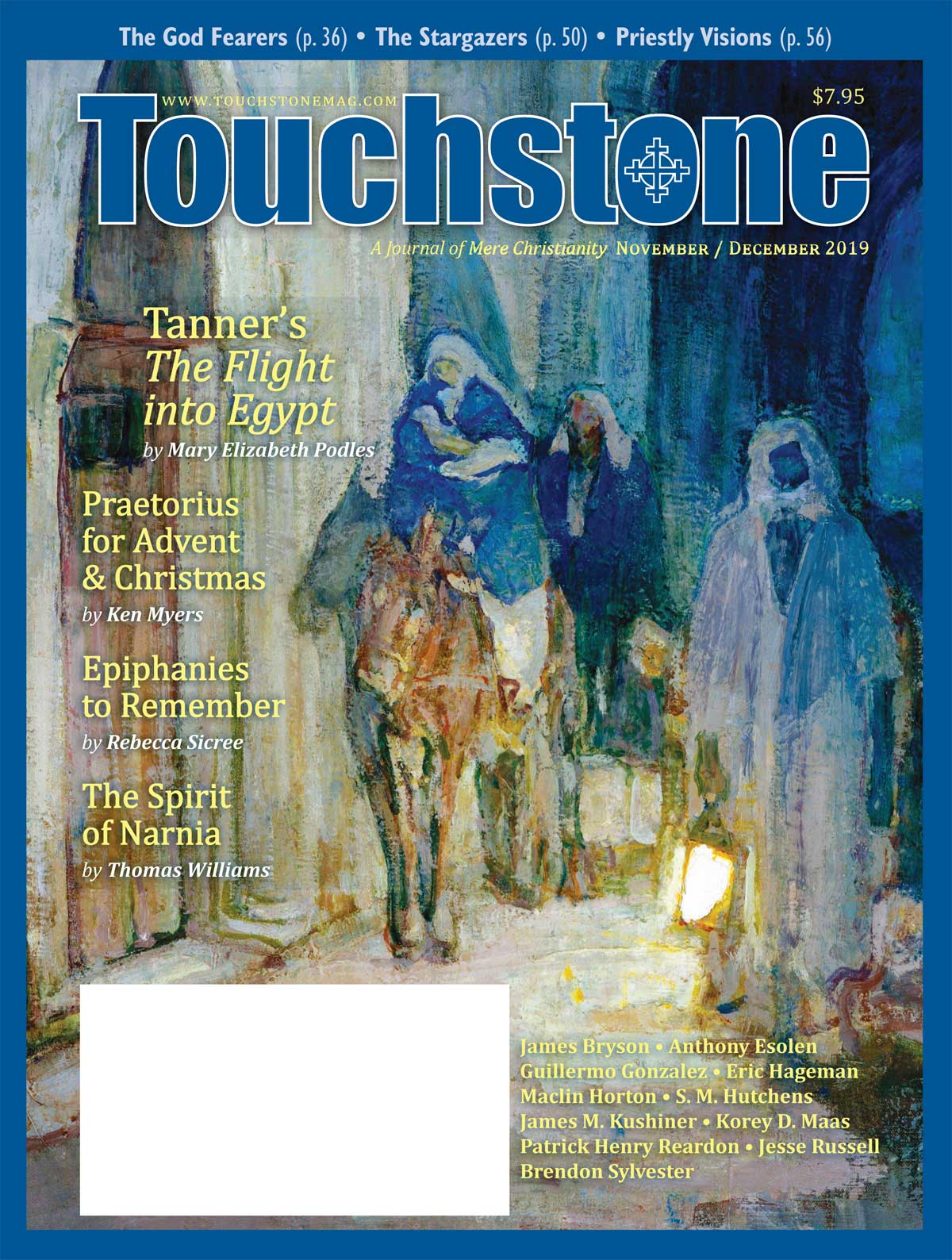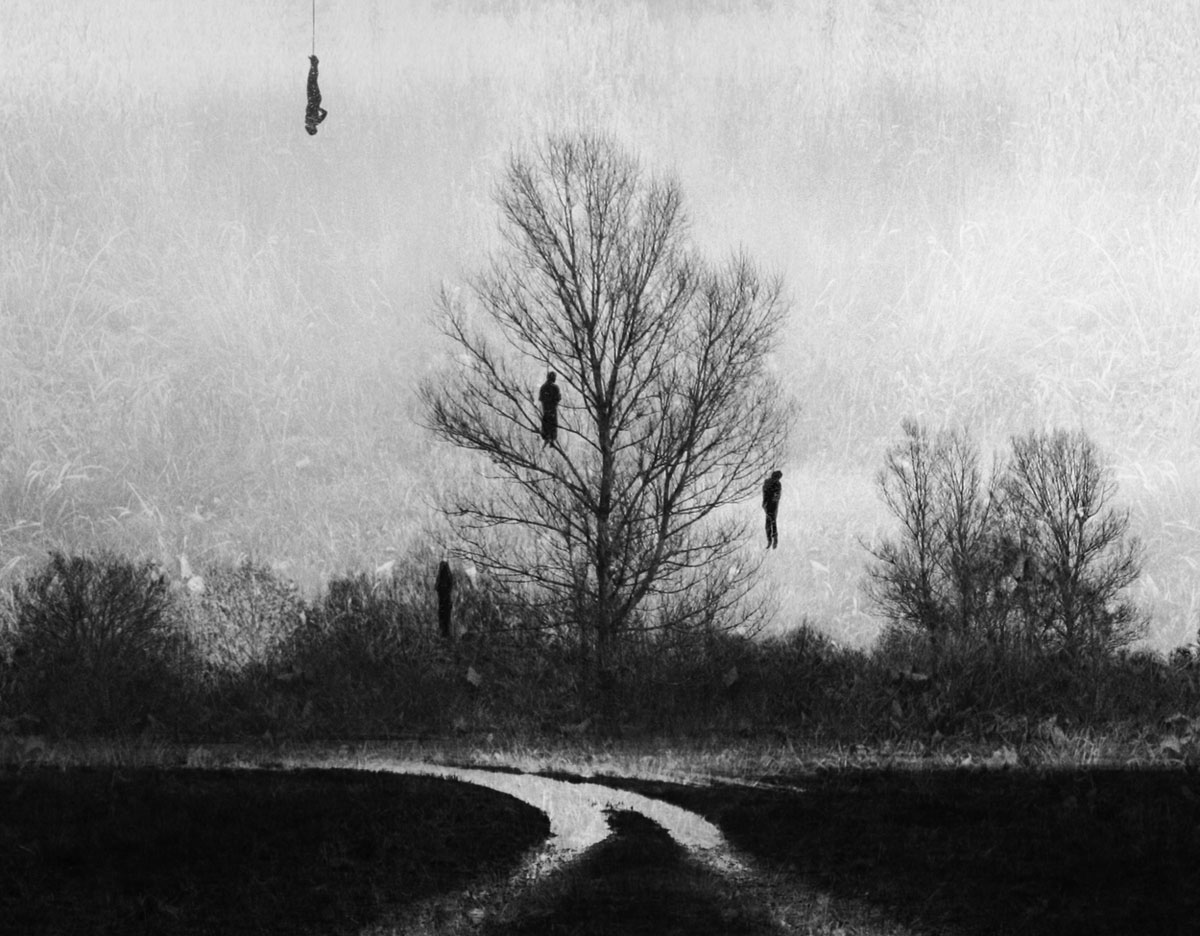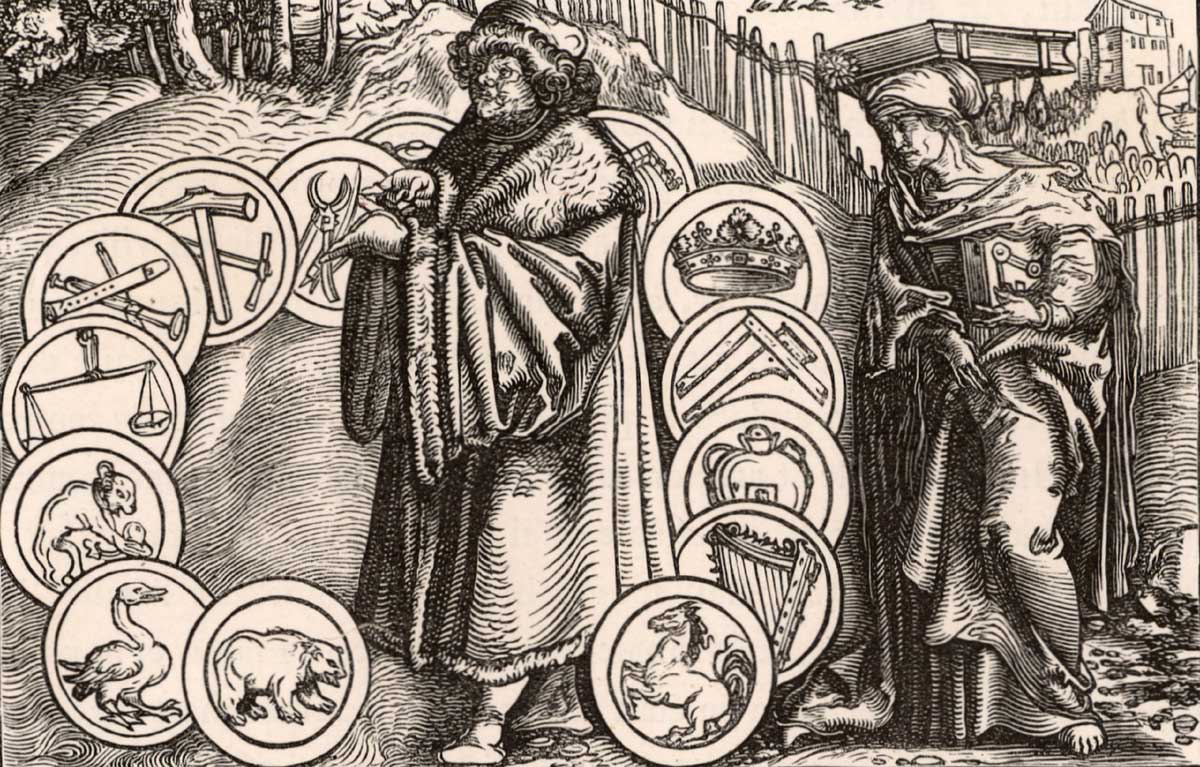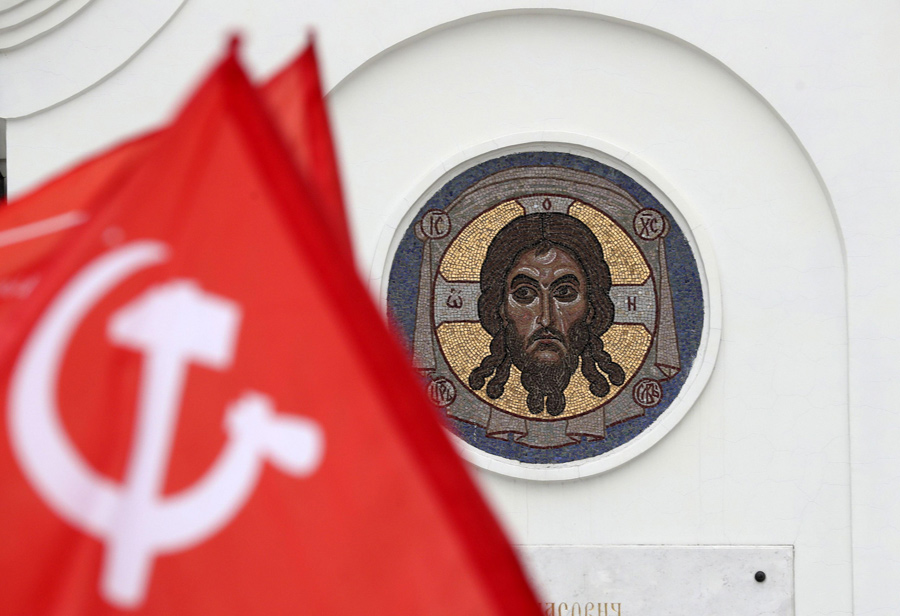Feature
God Fearers
An Open Letter to Christian Readers of Jordan Peterson & Roger Scruton by James Bryson
Roger Scruton and Jordan Peterson have captured the attention of the Christian imagination in a way few, if any, explicitly Christian writers, thinkers, or movements in recent years can claim to have done. Intellectually serious Christians who come across them cannot help but be fascinated by the way in which these public intellectuals have been able to reach down into our secular culture and extract an unmistakably Christian message, without putting off readers or listeners who do not have any concrete religious convictions to speak of, let alone any experience of institutional Christianity. Both have tapped into a growing sentiment in our otherwise disenchanted culture that Christian civilization in the West may be worth preserving after all, even at this late hour.
Scruton and Peterson intrigue us because they have both reach and staying power—the very things Christians in missionary mode hope for most.
Scruton's staying power is beyond dispute. He has built up a richly deserved reputation over the course of forty years as one of the—if not the—leading conservative philosophers of our time.
Peterson appeared on the world stage much more recently, but his staying power is beyond doubt as well. If his critics had been right about him, his 15 minutes would have been up by now. But this psychologist from the Canadian prairies spent years thinking deeply about the strengths and weaknesses of our culture—to which his first book and magnum opus, Maps of Meaning: An Architecture of Belief (1999), is a testament—so that when his moment came, he would be ready for it. As has been the case for much of Scruton's career, with Peterson, people came for the controversy but stayed for the substance.
Taking Religion Seriously
Both men have received a great deal of attention in the media, but rarely have they been given the positive recognition they deserve by intellectuals (including Christian intellectuals). The first reason for this is obvious but dispiriting to say aloud: they are conservative. I suspect, however, that in the eyes of their enemies their sins are worse than this, and that their principal sin—indeed, their mortal sin, as it were—is that they take religion seriously. As modern men of science and philosophy, they should know better than to be taken in by the long-since discredited God delusion.
Religion should be put back on the menu of culturally legitimate options in the modern world, they argue, not simply as a kind of feel-good palliative for life's sufferings, or as a test case for how "free" we are. Peterson and Scruton think religion ought to be taken seriously because—wait for it—religious insight might be true!
Even more worrying for the liberal consensus they defy, Sir Roger and Professor Peterson seem to imply that Christianity in particular might be the truest religion of them all, because it is a self-consciously philosophical religion that combines the written and spoken word with spiritual action.
Finally, to the utter astonishment and outrage of their intolerant opposition, neither will concede that the truth of Christianity does anything to diminish the profundity and truth of non-Christian religions. In fact, the space Christianity offers to the "other" may be its greatest cultural legacy, one that should be of great interest to those who profess to champion modern pluralist values. Christianity's imaginative dialogue with the non--Christian, they seem to suggest, is a natural outgrowth of its abiding spiritual confidence in the truth of its message, a confidence that our disenchanted culture believed it had successfully stamped out.
Answering Criticism
James Bryson is a Research Associate in the Cambridge Divinity Faculty. He is the author of The Christian Platonism of Thomas Jackson (Leuven, 2016), and editor of The Religious Philosophy of Roger Scruton (Bloomsbury, 2016). He and his wife and two children are members of the ancient parish Little St. Mary's in Cambridge, England.
subscription options
Order
Print/Online Subscription

Get six issues (one year) of Touchstone PLUS full online access including pdf downloads for only $39.95. That's only $3.34 per month!
Order
Online Only
Subscription

Get a one-year full-access subscription to the Touchstone online archives for only $19.95. That's only $1.66 per month!
bulk subscriptions
Order Touchstone subscriptions in bulk and save $10 per sub! Each subscription includes 6 issues of Touchstone plus full online access to touchstonemag.com—including archives, videos, and pdf downloads of recent issues for only $29.95 each! Great for churches or study groups.
Transactions will be processed on a secure server.
more on philosophy from the online archives
more from the online archives
calling all readers
Please Donate
"There are magazines worth reading but few worth saving . . . Touchstone is just such a magazine."
—Alice von Hildebrand
"Here we do not concede one square millimeter of territory to falsehood, folly, contemporary sentimentality, or fashion. We speak the truth, and let God be our judge. . . . Touchstone is the one committedly Christian conservative journal."
—Anthony Esolen, Touchstone senior editor












